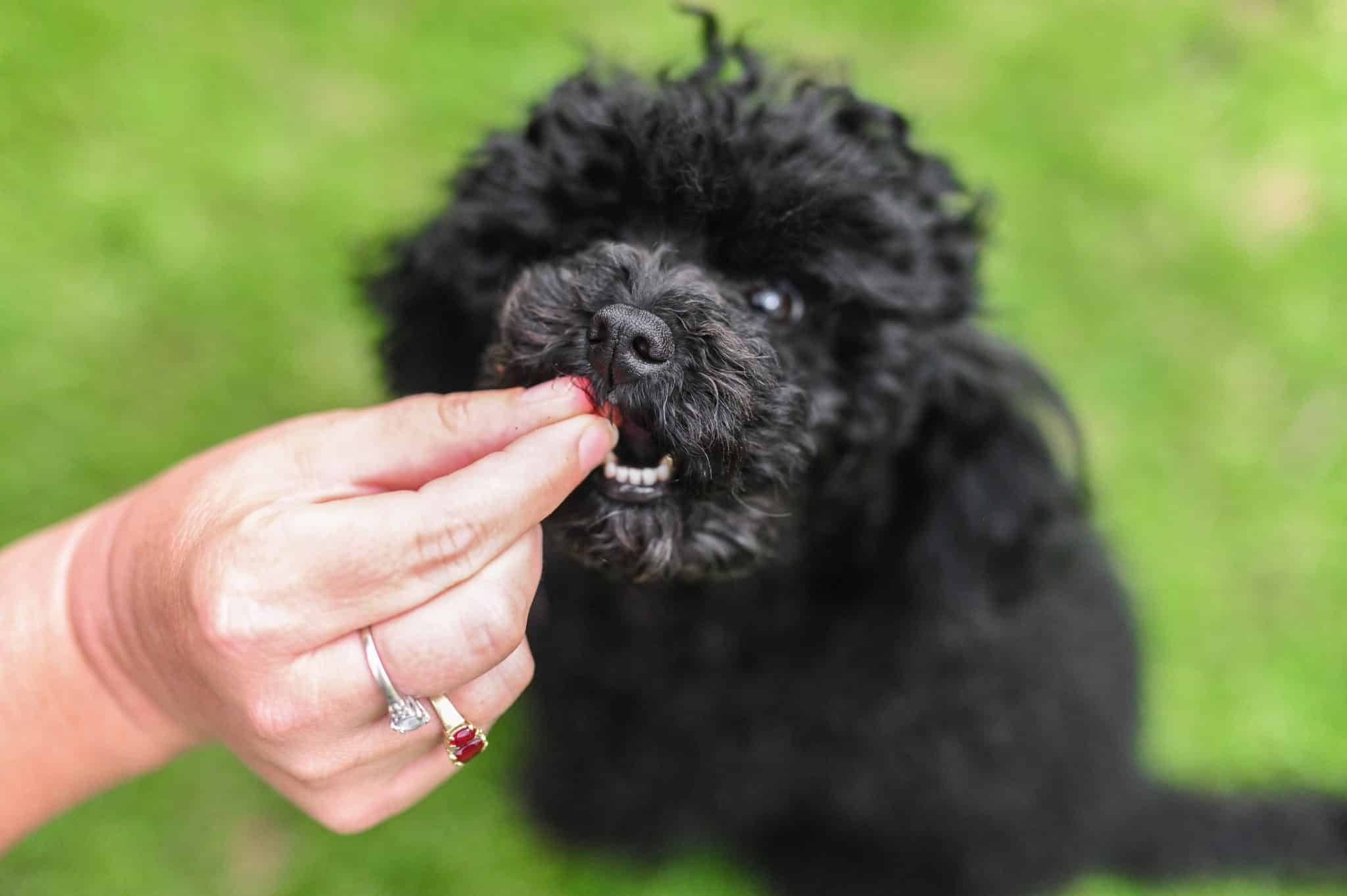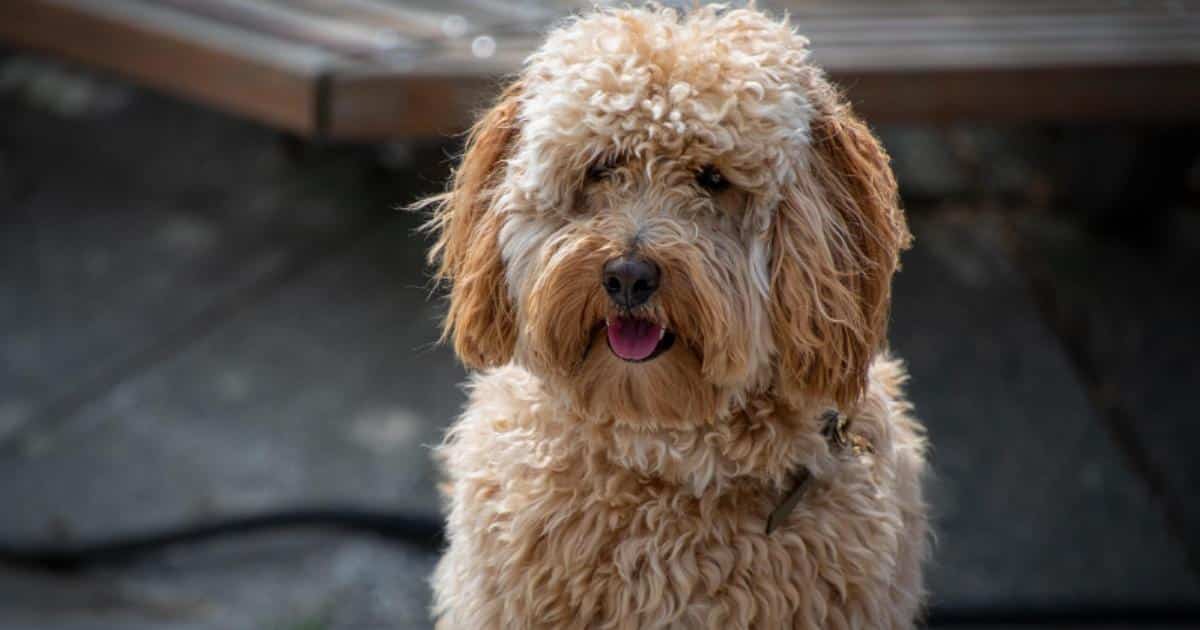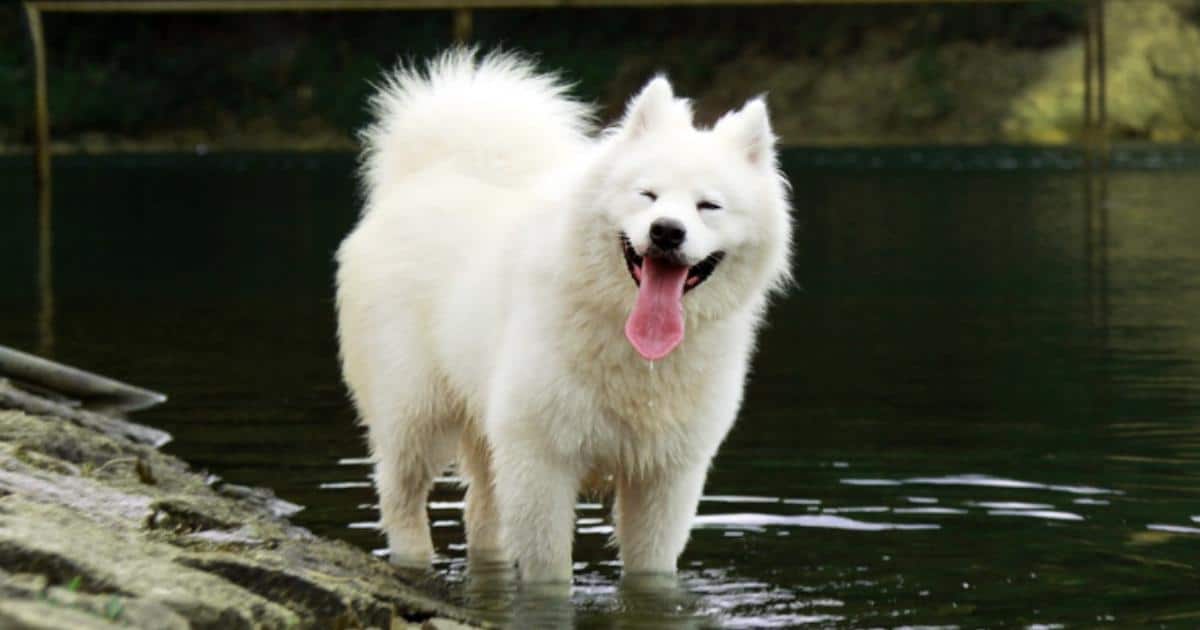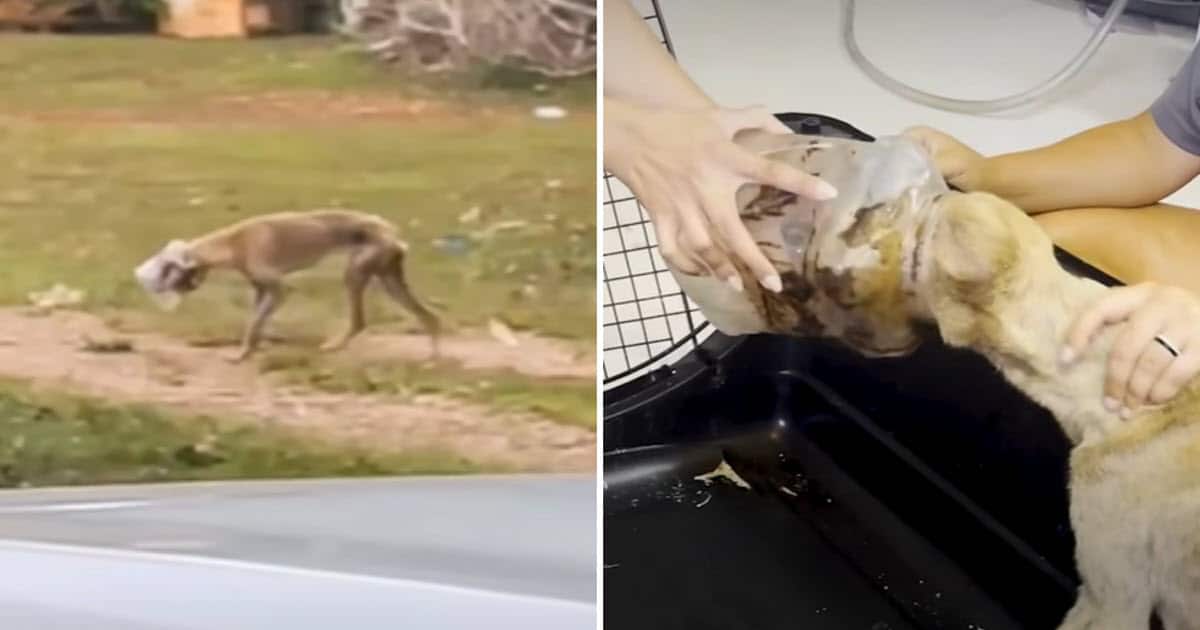PROTECT YOUR DNA WITH QUANTUM TECHNOLOGY
Orgo-Life the new way to the future Advertising by AdpathwayVeterinary professionals witness heartbreaking farewells daily, observing the final words pet owners share with their beloved companions. Recent insights from animal care specialists reveal that certain phrases during euthanasia can carry unexpected emotional weight. Understanding which words to avoid during these precious final moments could transform how we say goodbye to our four-legged family members. These revelations challenge common assumptions about comforting dying pets.
The final moments shared between a pet owner and their dying companion represent some of life’s most emotionally charged experiences. Veterinary professionals who specialize in end-of-life care have begun sharing their observations about the language used during these intimate farewells. Their insights shed light on how seemingly innocent phrases can carry unintended consequences for both grieving owners and their pets.
Why final words matter during pet euthanasia
Faith Banks, a veterinarian specializing in palliative care for animals, recently shared her professional observations through social media, reaching over 42,000 viewers. Her message emphasizes that animals remain highly sensitive beings even in their final moments, capable of detecting emotional nuances in human voices and behaviors.
The concept draws inspiration from end-of-life research involving humans, where final spoken words leave lasting impressions on both the dying and the living. Banks references insights from literature focusing on deathbed confessions, suggesting that last words carry significance beyond their literal meaning. Animals may not comprehend language complexity, but they respond to vocal tones, emotional energy, and atmospheric tension surrounding them.
Veterinary professionals witness these moments repeatedly, developing keen awareness of how different phrases affect the euthanasia process. They observe that certain expressions can either provide comfort or inadvertently increase anxiety for both pets and their families. This professional perspective offers valuable guidance for pet owners facing these difficult decisions.
The phrase veterinarians wish they never heard
Among the various expressions commonly uttered during pet euthanasia, one phrase consistently troubles veterinary professionals : “I’m sorry.” While owners typically say this with loving intentions, Banks explains why these words create concern among animal care specialists.
The apology often reflects misplaced guilt rather than genuine wrongdoing. Loving pet owners who provide excellent care throughout their animal’s life have no reason to apologize for making compassionate end-of-life decisions. Banks observes that families saying “I’m sorry” frequently believe they have somehow failed their pet, when reality suggests the opposite.
This guilt-driven language can transform what should be a peaceful farewell into an emotionally heavier experience. Instead of focusing on gratitude for shared years or expressing love, the apology shifts attention toward perceived inadequacies. Veterinarians recognize that these owners typically made every possible effort to provide excellent care, making their self-blame particularly heartbreaking to witness.
Better alternatives for final farewells
Veterinary professionals recommend focusing on positive expressions of love and gratitude during these precious final moments. These alternatives create more peaceful atmospheres while honoring the human-animal bond that developed over years of companionship.
Effective farewell phrases include :
- “I love you so much”
- “Thank you for everything”
- “You’ve been wonderful”
- “You can rest now”
- “I’m here with you”
These expressions focus on appreciation rather than regret, creating calmer emotional environments. Some families choose to share favorite memories, mention beloved locations, or make gentle promises about remembering their pet. The key involves avoiding language that suggests failure or wrongdoing.
Veterinarians also note that sharing specific memories can be comforting : recalling favorite games, special treats, or cherished routines. This approach celebrates the relationship while providing peaceful closure for both human and animal participants in these difficult moments.
Moving forward after pet loss
The grieving process following pet euthanasia often extends well beyond the veterinary clinic. How we frame these final interactions can significantly impact long-term healing and memory formation. Avoiding guilt-laden language during the farewell may contribute to healthier grief processing afterward.
Pet loss represents a profound emotional experience, with empty food bowls and silent homes serving as constant reminders of absence. However, focusing on gratitude and love during final moments can help create positive lasting memories rather than regret-filled recollections. This approach honors the joy pets brought into human lives while acknowledging the natural sadness of separation.
Understanding these professional insights empowers pet owners to approach euthanasia decisions with greater confidence and emotional clarity, transforming potential regret into meaningful closure.


 8 hours ago
3
8 hours ago
3





















 English (US) ·
English (US) ·  French (CA) ·
French (CA) ·